Schedule for the Trạng Nguyên Tiếng Việt (Vietnamese Poinsettia Contest) in 2024 - 2025 of all rounds
Schedule for the Trạng Nguyên Tiếng Việt (Vietnamese Poinsettia Contest) in 2024 - 2025 of all rounds
The shedule for the Vietnamese Poinsettia Contest in 2024 - 2025 of all rounds is as follows:
| No. | Exam Round | Opening Date | Closing Date |
|---|---|---|---|
| 1 | Round 1 - Free | August 05, 2024 | November 25, 2024 |
| 2 | Round 2 - Conditions | September 05, 2024 | November 25, 2024 |
| 3 | Round 3 - Conditions | September 15, 2024 | November 25, 2024 |
| 4 | Round 4 - Conditions | October 05, 2024 | November 25, 2024 |
| 5 | Round 5 - Conditions | October 15, 2024 | November 25, 2024 |
| 6 | Round 6 - Conditions | November 05, 2024 | November 25, 2024 |
| 7 | Round 7 – Preliminary – School Level | December 02, 2024 | December 07, 2024 |
| 8 | Round 8 - Regional Exam - District Level | January 07, 2025 | January 10, 2025 |
| 9 | Round 9 - General Exam | March 13, 2025 | March 15, 2025 |
| 10 | Round 10 - Final Exam | April 19, 2025 | April 20, 2025 |
Purposes of the Vietnamese Poinsettia Contest in 2024:
(1). Promote the application of information technology, implement digital transformation in teaching and learning in primary schools nationwide. Students are allowed to use the Internet as a popular method for studying, practicing, self-testing, self-assessment, measuring, personalizing their learning and training path to adjust methods accordingly.
(2). Create an online playground specialized in Vietnamese for students to study, practice, develop language thinking, and love Vietnamese and their homeland more. Understand geography, history, culture, and elevate the awareness of preserving and promoting national cultural identity.
(3). Students will improve their intelligence (IQ), develop emotions (EQ), train perseverance (AQ), and technology skills (DQ). Students will develop five qualities and ten competencies according to the general education program and digital citizenship skills to be autonomous in international integration.
(4). Innovate teaching and learning methods, learn through play, poetry, song, and rhymes. Students will develop artistic thinking in STEAM subjects.
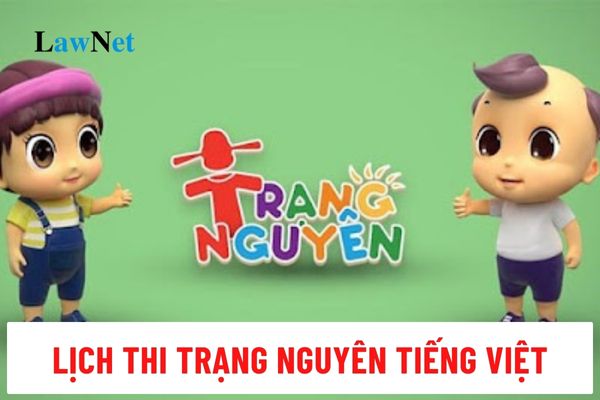
Schedule for the Trạng Nguyên Tiếng Việt (Vietnamese Poinsettia Contest) in 2024 - 2025 of all rounds (Image from the Internet)
What are methods of teaching reading for Vietnamese Language in primary schools in Vietnam?
Based on Subsection 3, Section 6, General Education Program for Literature, issued together with Circular 32/2018/TT-BGDDT, the method of teaching reading for primary students when learning Vietnamese is as follows:
(1) Teaching Reading Comprehension of Texts in General:
Students are required to directly read the entire text, pay attention to the formal aspects of the text, thereby getting a general impression and summarizing the main content of the text.
Encourage students to search, discover, analyze, infer the meanings of information, messages, viewpoints, attitudes, thoughts, feelings, emotions, etc., conveyed in the text; guide students to make connections, comparisons between texts, connect the text with historical, cultural, social contexts, and personal experiences to deeply understand the value of the text and apply these values into their daily behavior.
(2) Teaching Reading Comprehension of Literary Texts:
A literary text is a type of text, so teaching reading comprehension of literary texts should also follow general reading comprehension principles. However, literary texts have unique characteristics, hence teachers should organize for students to understand and decode literary texts using an appropriate process specific to artistic texts.
Students should be guided and practiced in reading literary works from recognizing the textual features to discovering the artistic world within and searching for summarized content meaning; skills in finding and explaining relationships between the “whole” and detailed "parts" of the text, discovering the integrity and unity of content and form of the literary work.
The method of teaching reading should focus on activating positive and creative reading participation.
Guide and encourage students to be proactive, confident, and play a “co-creator” role in interpreting works; showing enthusiasm in meaning creation for the text; knowing how to compare, contrast, make extensive connections, harness personal knowledge, and use their life experiences to understand and experience literature, discovering moral, cultural values, and human philosophies, and then apply and transform them into life values.
When teaching reading comprehension, teachers should help students independently discover messages and meanings to fill the “gaps” in the text. Teachers may give hints but should avoid replacing student thinking with their analysis or commentary. Avoid dictation and rote learning.
Using a variety of questions at different levels to implement differentiated teaching and guide students in reading comprehension, forming reading skills.
Depending on the students' learning level, grade, and the type of literary text, apply suitable teaching methods, techniques, and forms for reading comprehension, such as:
Expressive reading, role-reading, storytelling, role-playing to solve a situation, drama acting, using questions, guiding note-taking during reading with note cards, study cards, reading journals, organizing student discussions on the text, adapting literary works from one genre to another, drawing, filmmaking, experiencing situations characters have gone through, etc.
Other teaching methods like dialogue, questioning, lecturing, problem-posing, etc., should also be appropriately applied to meet the requirements of student competency development.
What are specific goals of the Vietnamese Language education program for primary students in Vietnam?
According to Section 3, General Education Program for Literature, issued together with Circular 32/2018/TT-BGDDT, the specific goals of the Vietnamese language education program for primary students are as follows:
- Help students form and develop essential qualities with specific expressions such as: love for nature, family, and homeland; awareness of roots; appreciation for beauty and goodness combined with healthy emotions; interest in studying, enthusiasm for labor; honesty and straightforwardness in learning and life; awareness of fulfilling responsibilities toward themselves, family, society, and the environment.
- Aid students in initially forming general capabilities, developing language proficiency in all basic skills: reading, writing, speaking, and listening: accurate, fluent reading; understanding main content and information of texts; making external connections and comparisons of texts; correct spelling and grammar; writing a number of sentences, paragraphs, short essays (primarily narrative and descriptive essays); clear speaking; understanding spoken ideas.
- Develop literary competency with the requirement of distinguishing between poetry and stories, knowing how to read poems and stories; recognizing the beauty of artistic language; having imagination, understanding, and feeling moved by the beauty and goodness of humans and the world as depicted in literary texts.
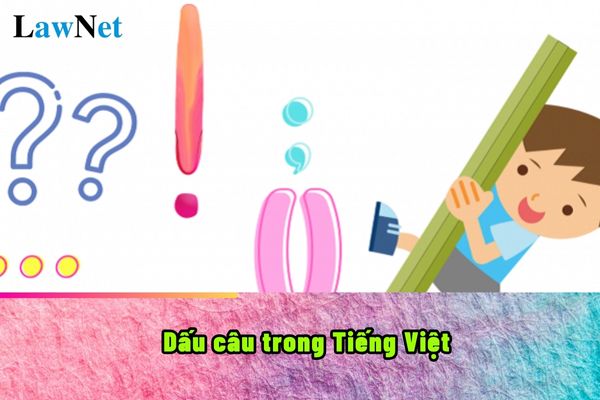

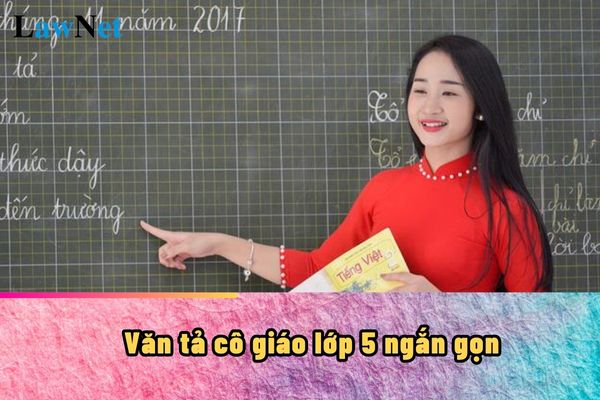
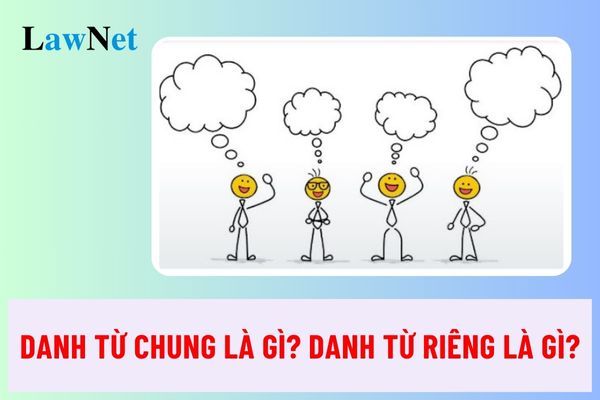
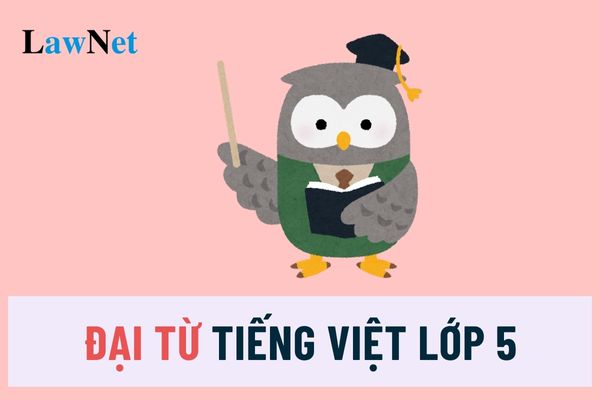
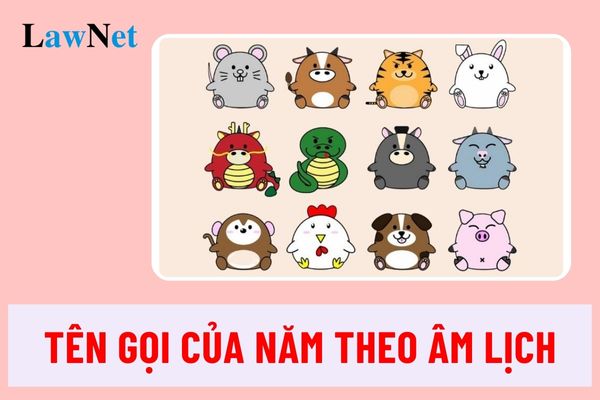
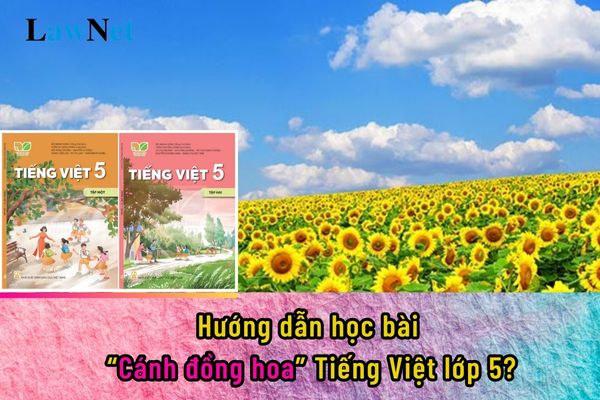
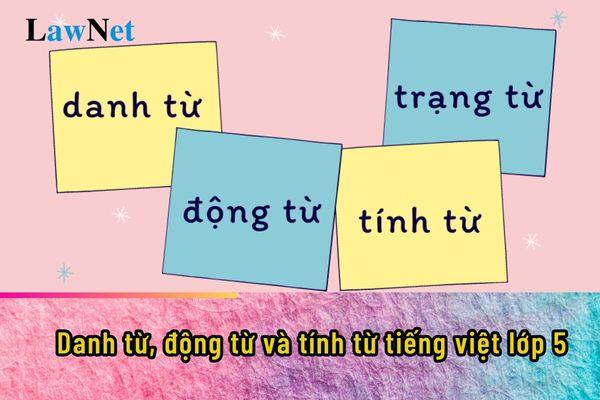
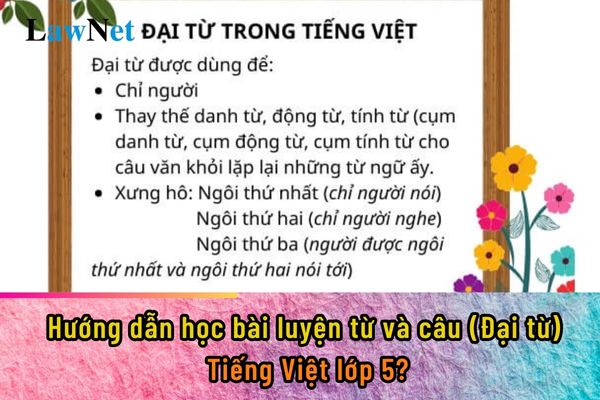
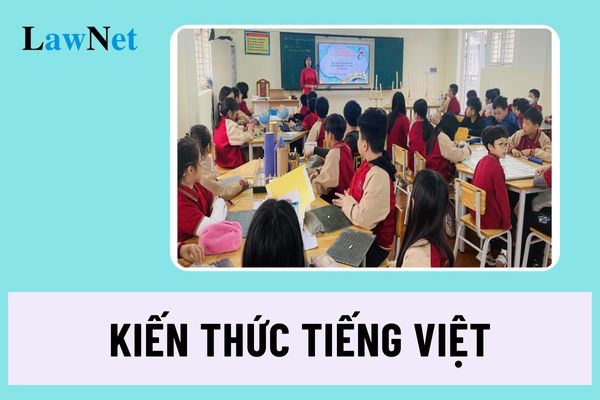
- Vietnam: What is the sample outline of an essay on the analysis of expressions of national spirit in the Poem "Việt Bắc" for 12th-grade students? What patriotic qualities are required for 12th-grade students?
- Vietnam: What are your thoughts on the Poem "Tiếng ru" by To Huu? How many lessons are there in the 12th-grade Literature curriculum per year?
- What are the sample essays describing your grandfather for 5th-grade students in Vietnam? What are the assessment criteria for 5th-grade students in 2024?
- Vietnam: What are the sample social argumentative essays on social media etiquette for 10th-grade students? What Vietnamese knowledge do 10th-grade students learn?
- Vietnam: Why is the French Bourgeois Revolution considered the most thorough one? What learning outcomes are required for 11th-grade students after studying the bourgeois revolution?
- Vietnam: What is the atmosphere? What is the grade at which students are required to master the knowledge of the atmosphere in the History and Geography curriculum?
- Vietnam: Why does the phenomenon of day and night alternation occur on Earth? What is the grade at which students learn about the phenomenon of day and night alternation on Earth?
- What is the newest report template on distance education at the higher education level in Vietnam?
- Vietnam: What are the shortest sample expositions on Ba Den Mountain for 9th-grade students? What learning outcomes are required for the writing process in the 9th-grade Literature curriculum?
- In Vietnam, what does local time mean? What is the grade at which local time is taught in the History and Geography curriculum?

